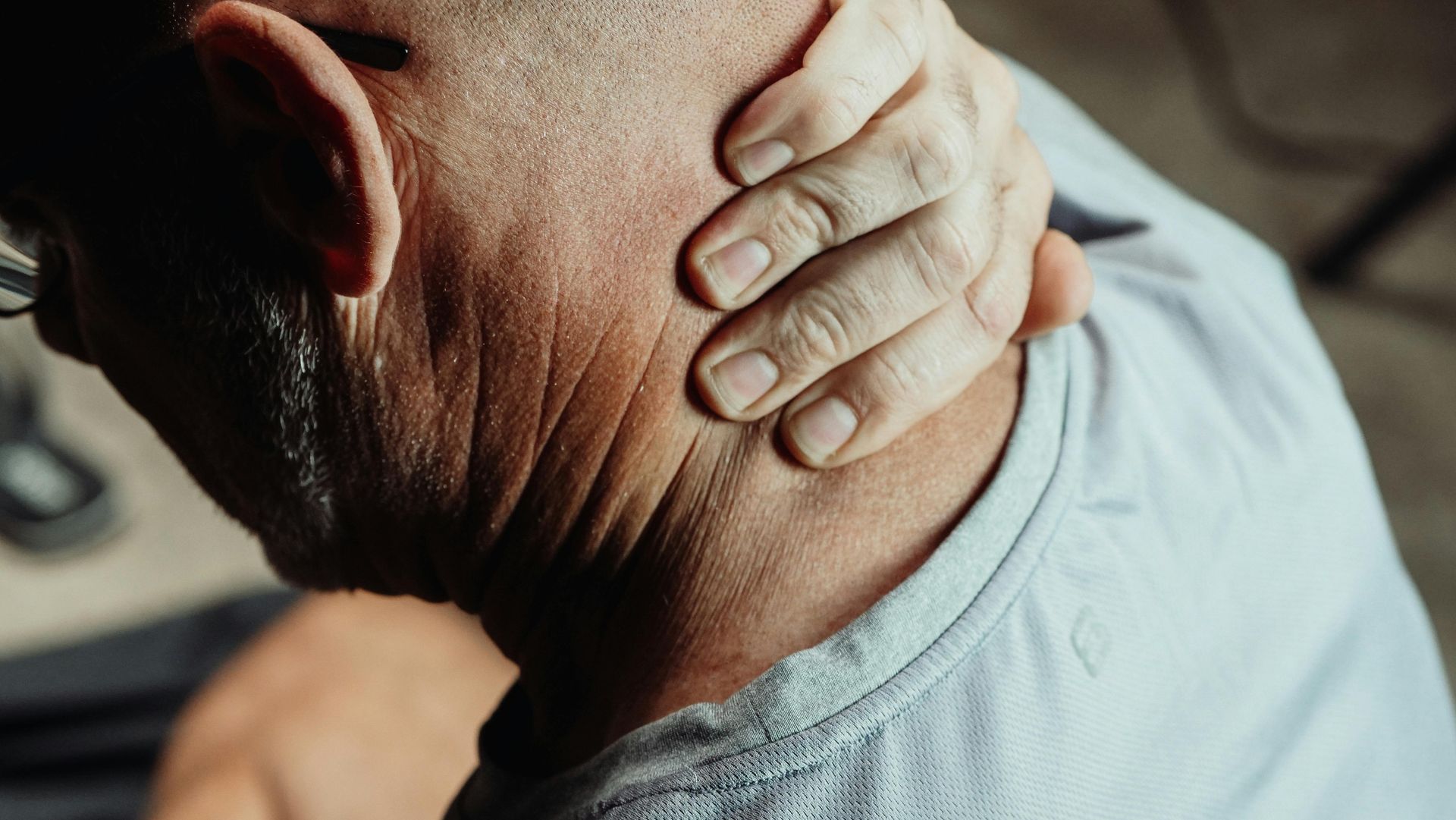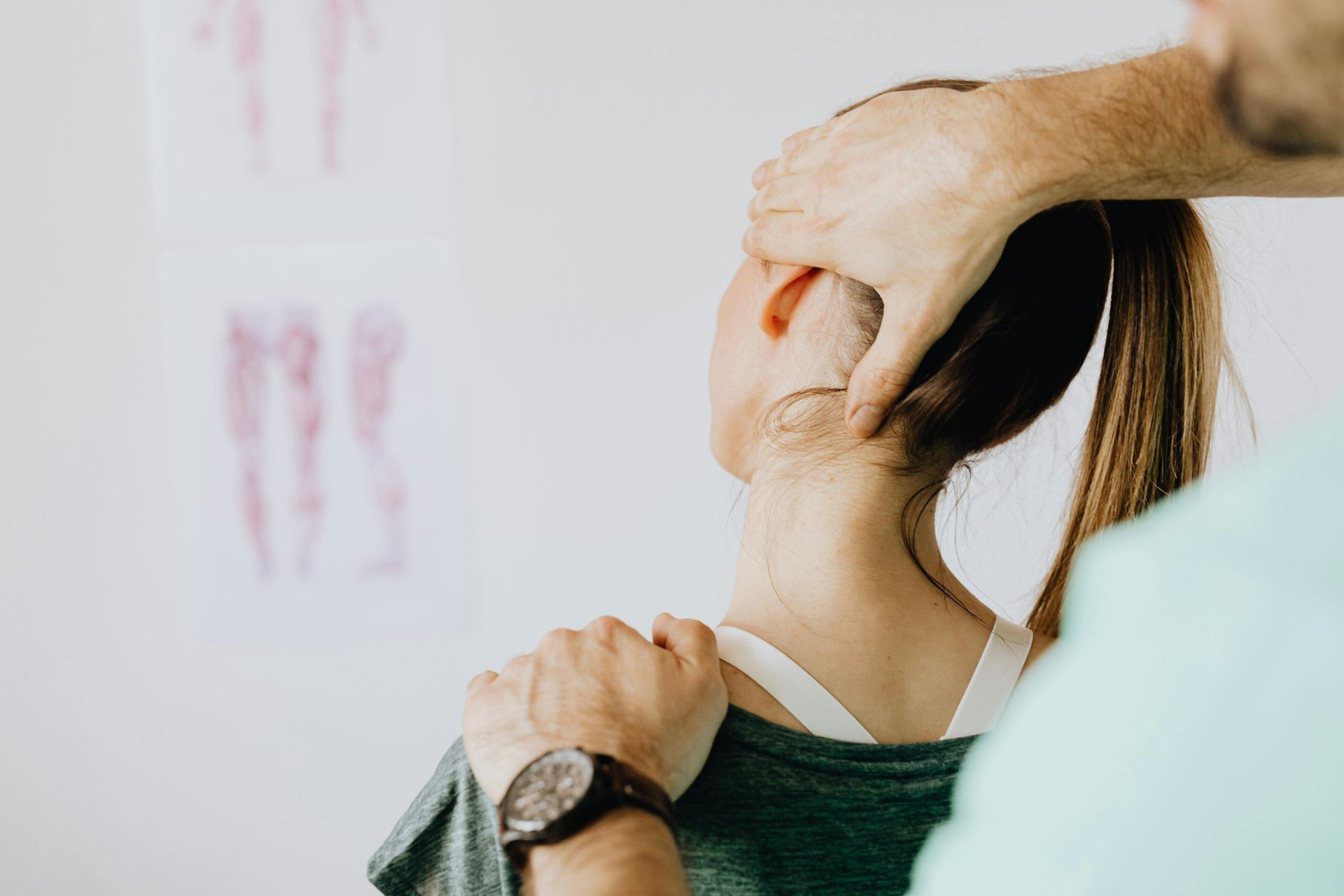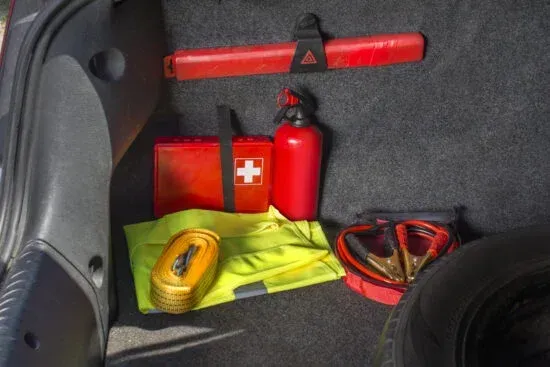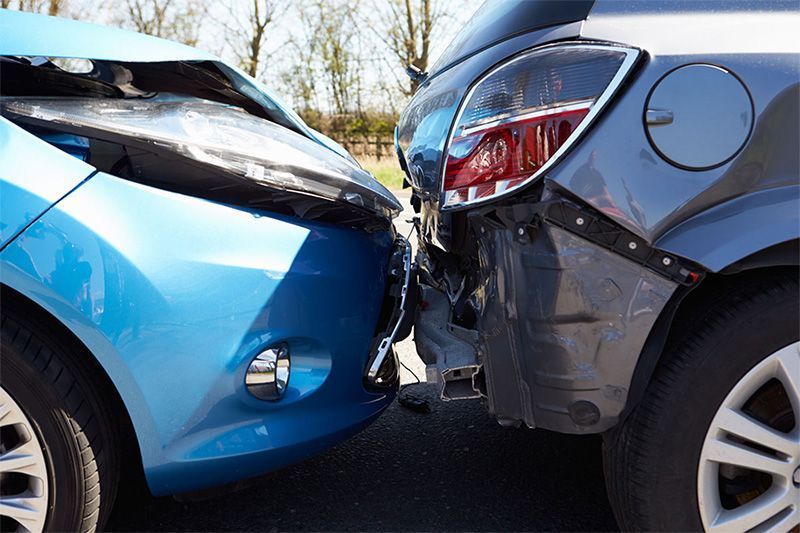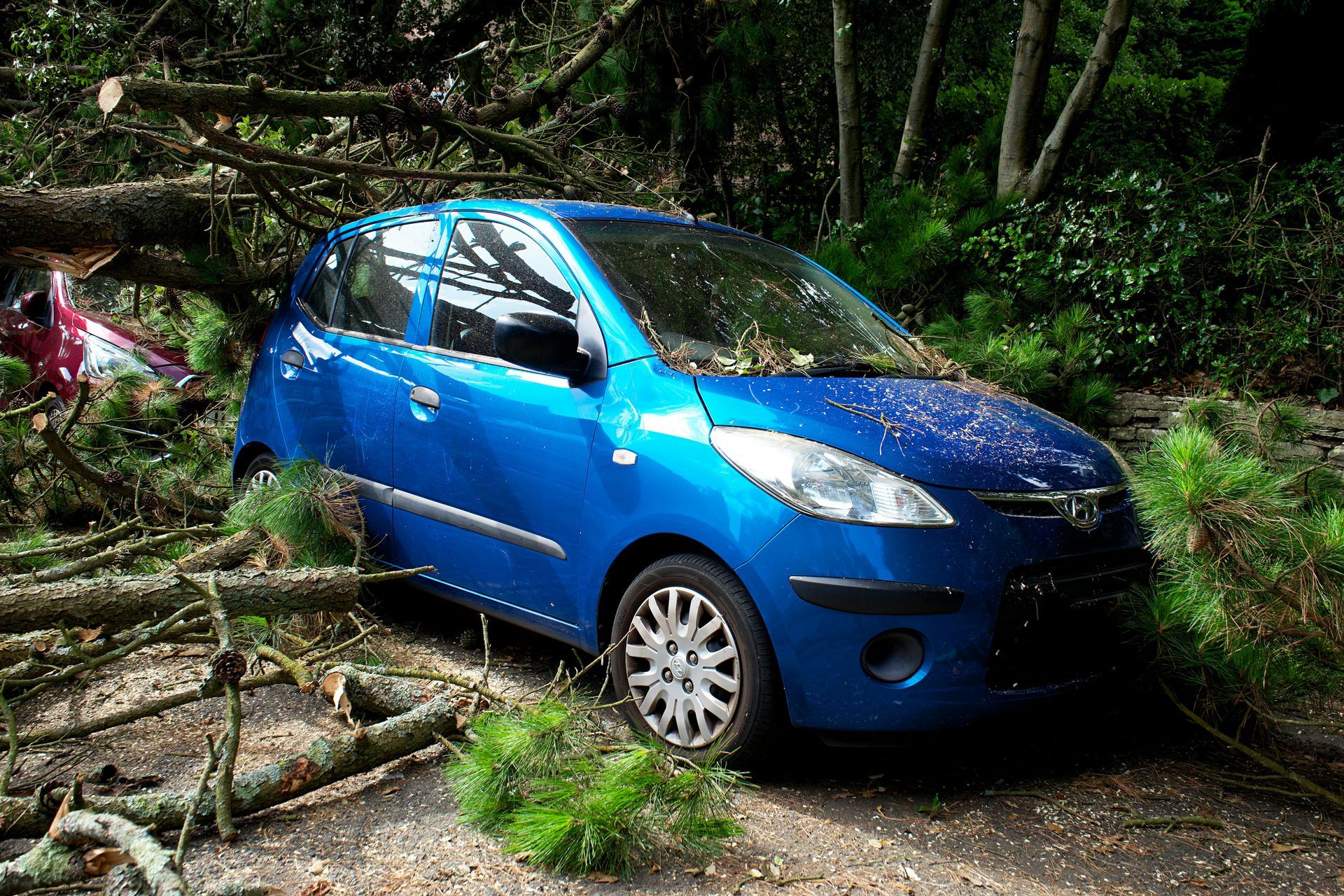From Wreck to Regret: How Social Media Can Wreck Your Personal Injury Case
In today’s world, sharing your life online is second nature. But if you’ve been injured in a car wreck, what you post on social media could do serious damage to your personal injury claim. At The Stutzman Law Firm, we’ve seen firsthand how an innocent post can become a powerful weapon for the insurance company.
Here’s what you need to know to protect your case—and your future.
What You Should Not Post
When you're involved in an active injury case, assume everything you post is public, even if your accounts are private. Defense attorneys and insurance adjusters often scour social media to find anything they can use to cast doubt on your injuries or credibility.
Avoid posting:
- Photos of the accident — Even seemingly harmless images can be misinterpreted.
- Workout, travel, or "feeling great" updates — These can contradict claims of pain or limited mobility.
- Comments about fault or recovery — Statements like “I’m fine” or “It wasn’t that bad” can be taken out of context.
Yes, They Really Are Watching
You may think, “Why would an insurance company care about my Facebook or Instagram?” The answer: they’re looking for any excuse to reduce your payout.
It’s not unusual for opposing counsel to:
- Capture screenshots of your posts
- Subpoena your accounts
- Use comments or photos in depositions or at trial
That beach trip photo? They may argue it shows you aren’t suffering from your injuries.
What You Should Do
Protect yourself by taking these simple steps:
- Pause your posting: Go silent on social media until your case is resolved.
- Adjust your privacy settings: But remember, even private posts can be accessed.
- Tell friends and family: Ask them not to tag you or post about the accident.
- Consult your attorney: When in doubt, call us before you post.
Final Thought: If You’ve Been Injured, Let Us Do the Talking
At The Stutzman Law Firm, we understand how overwhelming life can be after an accident. You’re trying to heal, deal with insurance, and now you have to worry about your Instagram too?
That’s what we’re here for.
Let us take the legal burden off your shoulders—so you can focus on recovery, not regret.
Call us today at (769) 208-5683 for a free consultation.
